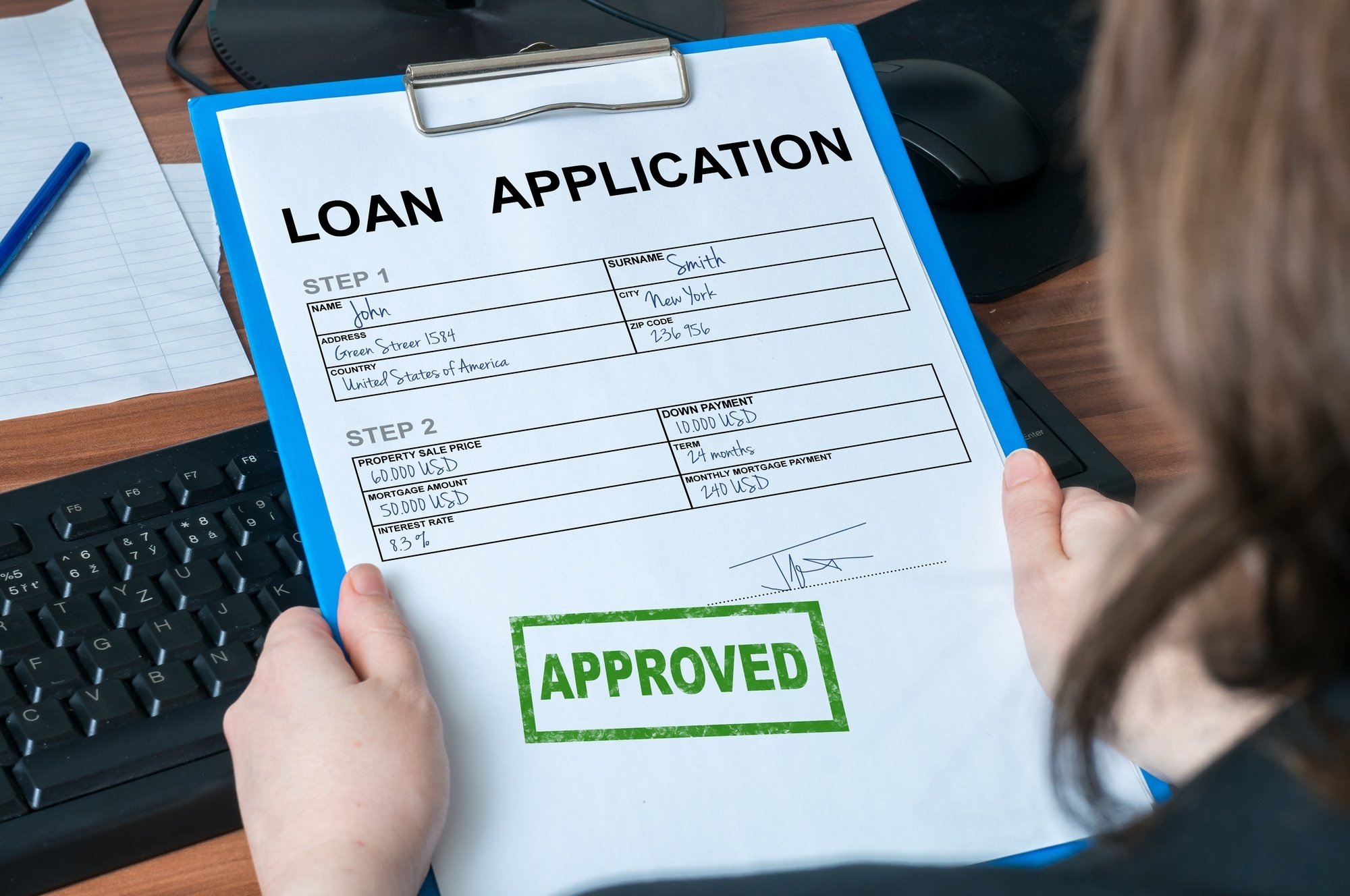Finding a Rental Property Loan

If you have decided to invest in a rental property, the first step is to find a loan. The first step is to make an appointment with a lender. The lender will check your credit score and income, and will then conduct an appraisal. The appraiser will take a look at comparable properties in the area and determine a reasonable projected rental value. Once the appraisal is completed, the lender will need more details to decide whether to approve your application. The lender may ask for copies of recent rent checks or a lease to verify your income.
Before applying for rental investment loans , it is important to have a solid credit score. While there are many similarities between a primary residence mortgage and a rental property loan, there are also some key differences. Both types of loans have the same application process and require you to provide documentation about your assets, income, debt, and credit. Unlike an owner-occupied mortgage, the rental-property loan is a higher risk for the lender, and they are aware that some investors will walk away from the loan in tough economic times.
Having an income that meets the income requirements for a rental property loan is essential. A mortgage loan is similar to a home equity loan, but the term may be less. A rental property loan is usually much shorter than a 30-year primary mortgage. The terms and interest rates of rental property loans can be fixed or variable, depending on your relationship with the lender. The longer you are renting, the longer you will have to pay.
The other important thing to know is the price range of the prospective rental. If you can afford the monthly payment, this will save you money on other expenses. A loan payoff calculator can also help you find out how much you can save each month. The lender usually wants to see two years of steady W-2 income and that you have been at your job for at least two years. By preparing for your future financial obligations, you will be able to find the right loan for your needs.
If you have a high income, the bank will be more willing to offer you a loan that requires a larger down payment. If you have a low income, a rental property loan is typically not available, but you should still be aware of the costs of renting. A loan that requires a 20% down payment can be a good option for borrowers who have poor credit. The down payment amount can be as little as $1,000, depending on the lender.
While a loan for rental properties can be hard to come by, it is still possible to secure a rental property loan with a lower income.
The minimum credit score for rental properties is usually 620, but some lenders will accept 600. When the credit score is low, a lender may charge a higher interest rate and require a higher down payment. If you have a low credit score, it can be difficult to get a mortgage with a lower down payment.For more info, check out this related link: https://simple.wikipedia.org/wiki/Loan .
